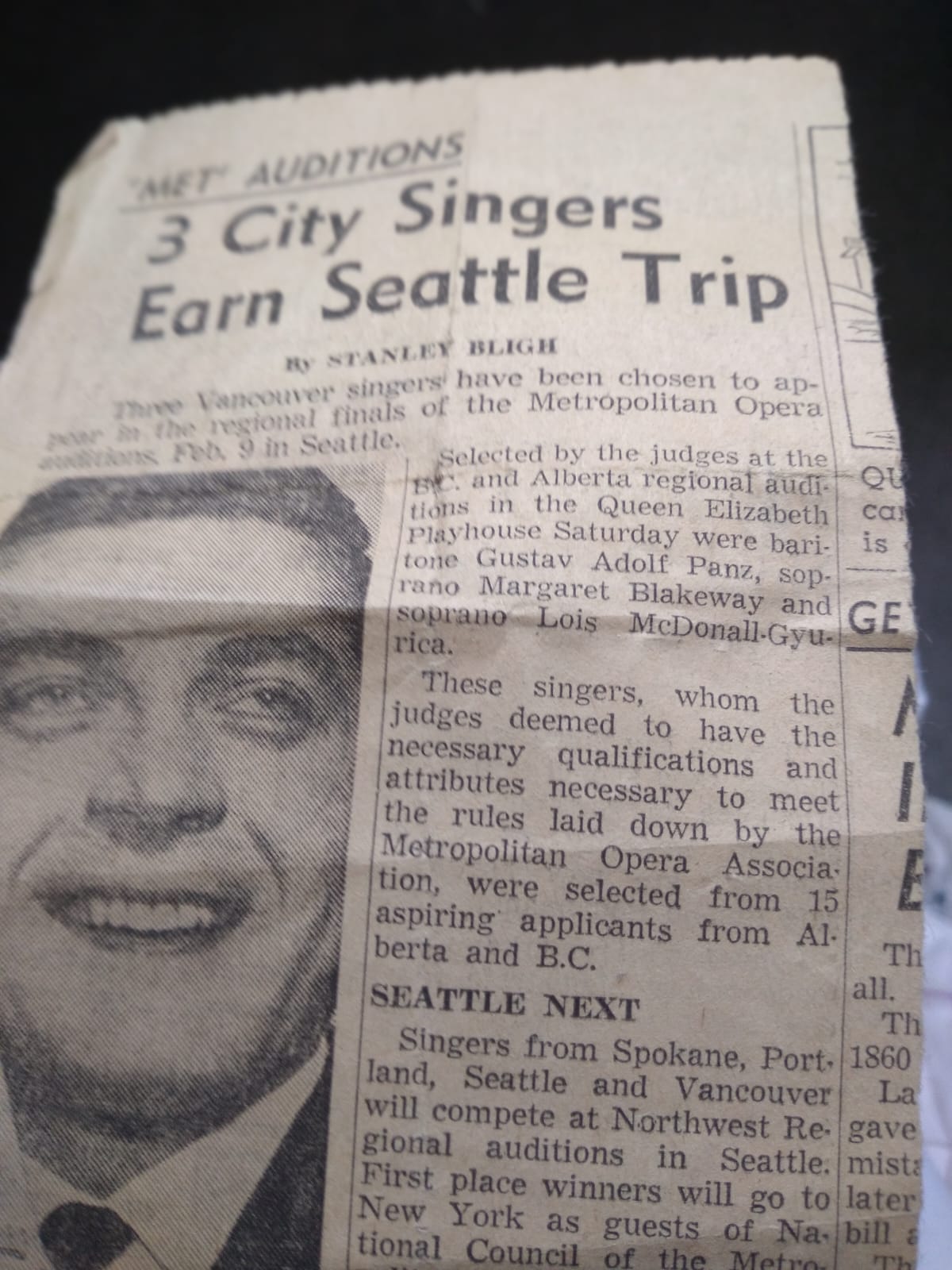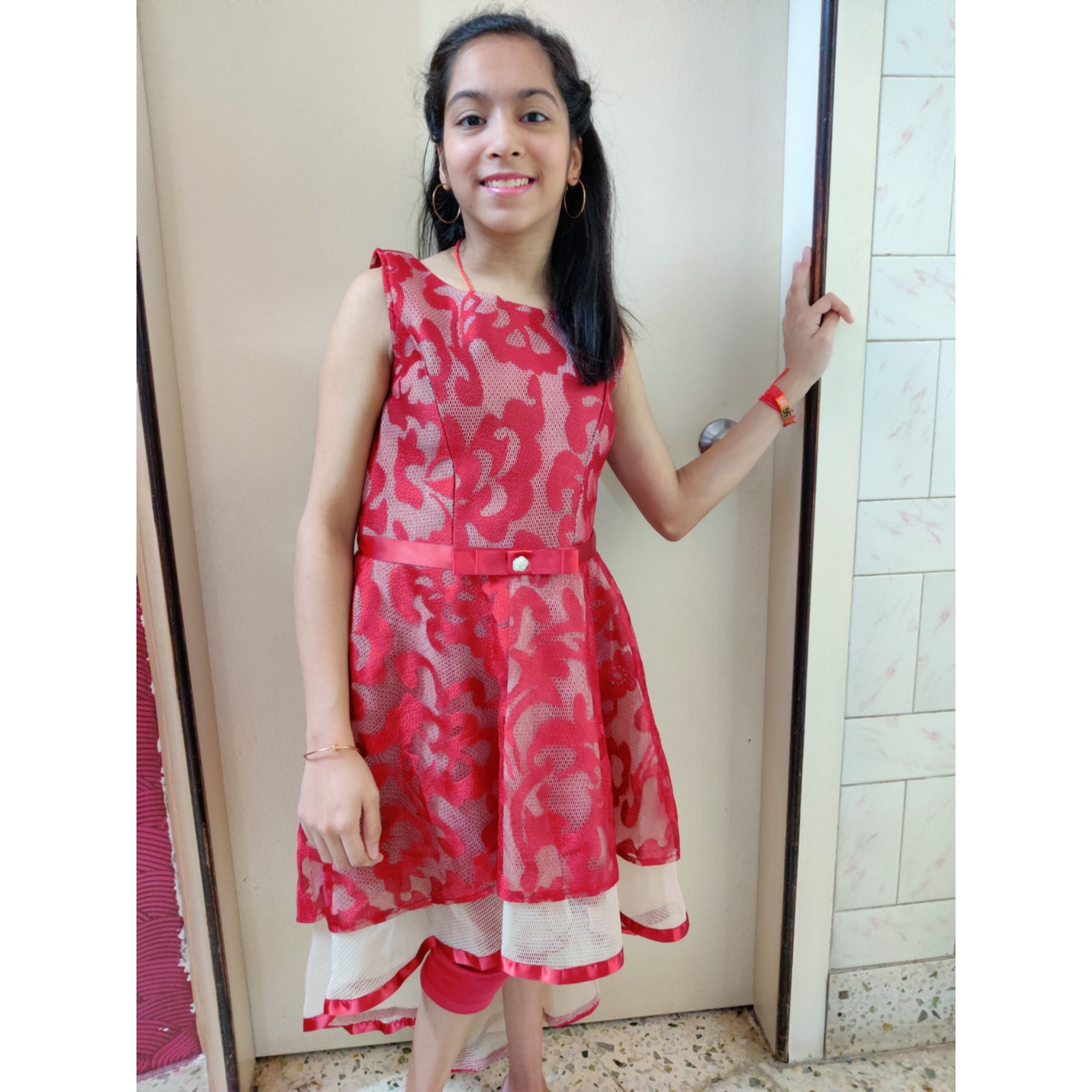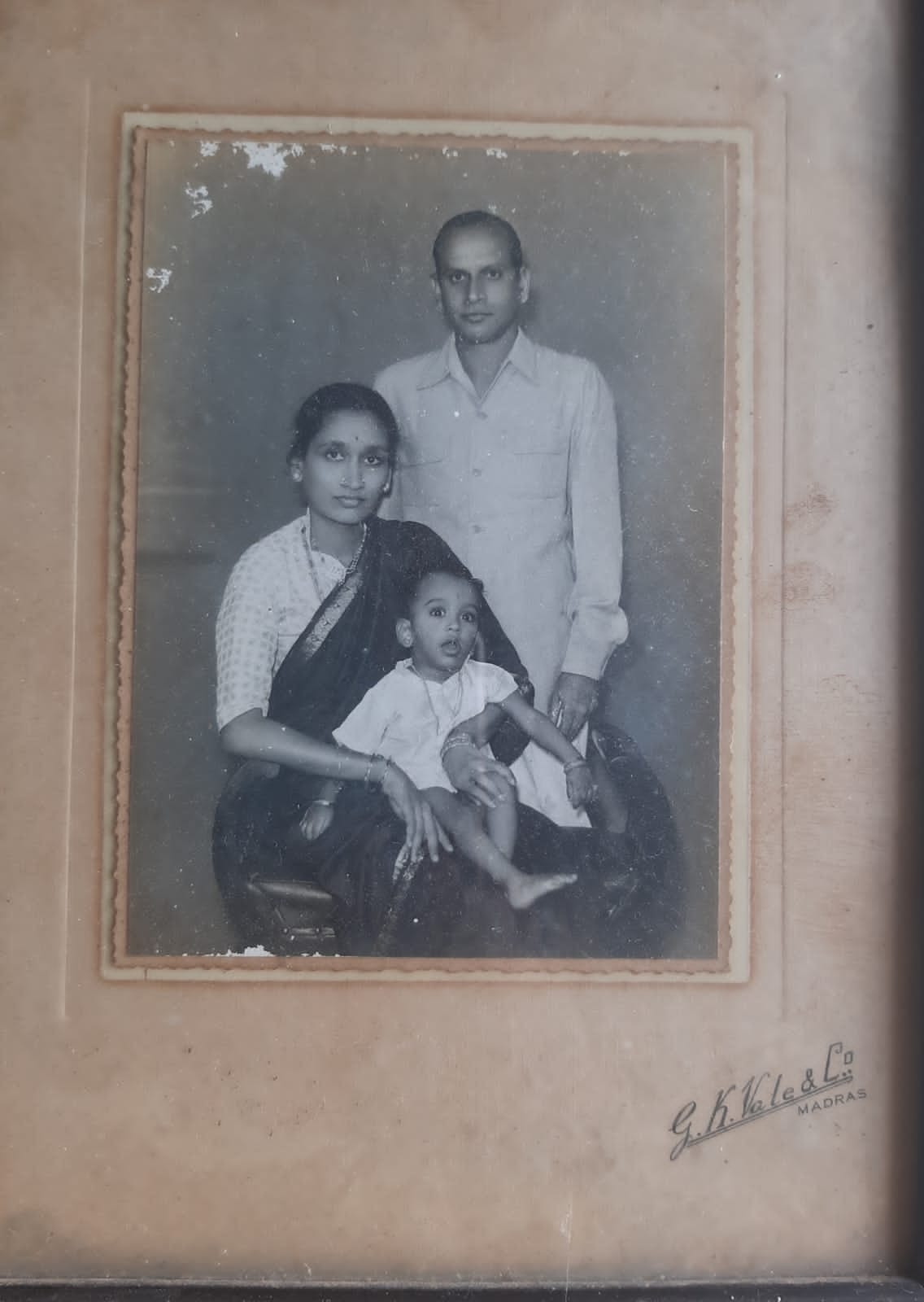The magical journey of a shy child who grew up to be a lanky star in the operatic world!
This is the magical journey of a shy child with the voice of an angel, who made her way through trials and tribulations to become an singer of excellence, thereby carving a niche for herself, only to lose it all overnight when she had an attack of severe fever leaving her vocal chords paralyzed! Later she literally rose from the ashes like the phoenix, she recovered her voice and at that time, gave back to the society, all that she had learnt through the traumatic experience. Her journey is both inspiring and uplifting.
Born in Vancouver British Columbia, Canada, in 1941 to Dorothy Blakeway and Earle Blakeway, Margaret was the second of seven siblings with five younger, boisterous brothers to take care of! A shy child who kept to herself and stayed home, Margaret found herself humming and singing to herself as she went about her chores. The financial status not being very healthy, the family needed to work together to be able to feed the many mouths. Eventually when Margaret started attending school, she found herself being drawn towards the music and choir classes. Her teacher noticing her interest and realizing that this shy child had potential in her, requested the mother to allow Margaret to take classes. Dorothy was thrilled to know that her daughter had the talent that she herself, nor her husband could ever pursue. However, in plain terms the class teacher was told that they could not afford to pay for the extra classes being conducted after school hours. So convinced was the teacher in Margaret that she decided to teach the child, free of cost.
A new world was beginning to open up for Margaret. To quote her, “So my classes began on an every day basis and i cannot tell you the sense of freedom i felt. I felt as if i had been freed by the heavy chains that had tethered me to the ground. I felt as if i was finally in a place that I belonged. I belonged to that class, that place and the world! People finally started listening to me singing. And my teacher encouraged me further by giving me important solo pieces to sing. I recall being given the honor of singing a solo at the end of the year. It was just a whole new world for me. A whole new experience. And it made people look at me as if I had a purpose in life! And that was the start of the change of my whole life. It was so important to me!”
The various singing roles that were given to her helped her grow as an artist. So if she donned the role of the old woman she became one! The role of the jester was enough to have everyone in splits. The role of the angry young woman emanated from her with deep accuracy and perfection. Whatever was given to her, she became that! Thus was honed her skills further. Her confidence grew. She was no longer shy! Instead here was a young woman who was confident, much appreciated and loved by all her listeners who were enthralled by her voice!
The happy journey continued till the schooling was over. Margaret grew in stature and was well received wherever she went. Life was beautiful! But life was catching up soon. Margaret had to take up a job and she joined Sears Departmental Stores in the accounts division. What a far cry from singing on stage and enjoying the music! At 17 years earning for the family seemed more important.
Music,however, continued to woo Margaret. A couple had moved into Vancouver from the United Kingdom and the lady Mrs. Benn, was said to be an excellent pianist and tutor for music. Once again an excited young girl, with stars in her eyes enquired about classes from this illustrious couple. But she was expensive! Two classes per week was a high ask. Young Margaret turned to her father. Earle knew by now that music was Margaret’s lifeline. He had seen the blossoming of his child to reach the heights she had reached so far. And he was positive that his little one would make a name for herself. So he told Margaret that he would pay for one lesson per week and she would have to pay for the other one herself since she was now earning. Fortunately for Margaret, the kind teacher, after hearing Margaret sing, said she would give her the second lesson for free.
Margaret was taught a very secure technique. To breathe well. To posture her body in a way that the singing would be the best. Her teacher also taught her Italian, French and German in the evenings after the music lessons. The seventeen year old was making great progress under the watchful eyes of her teacher. This tutelage continued for 1 1/2 years or more. By this time, Margaret was a budding mezzo-soprano.
Pleased with her progress Mrs. Benn encouraged her to participate in competitions. One such competition was jointly conducted in both the United Kingdom and Canada. The winners of the competition would then tour East Canada giving performances. Margaret won the big ticket and was heralded as the new voice of Canada. Her counterpart from United Kingdom was a young pianist. Together they had just one month to rehearse and plan before they embarked on their 6-weeks tour. They were widely received on every local radio station, Town Halls and Social engagement concerts. It was a big success and a turning point for Margaret.
The next step was life changing for Margaret. Her teacher asked her to go and audition at a place without giving her further information. Margaret was still in her teens and nearing 18 years of age. When she walked into the hall she was surprised to see singers who seemed professional and much older than her waiting to compete. Margaret wondered if she was in the right place. She performed and was asked to wait further. Finally when the result was announced she was pleasantly surprised to know she was one among the top three who had been selected. It was only then she knew that she has been chosen to learn and participate in the Metropolitan Opera New York, under the Young Artistes Program Audition! Imagine her surprise and thrill! The headlines in the Canadian papers spoke of the new golden voice of Canada.
But things were beginning to be too good to be true! In a short span of time Margaret found herself falling ill. She had to go for the next round of audition, this time to Seattle USA and her parents drove her all the way from Vancouver. But her illness only took a turn to the worse. By the time they reached Margaret found that she had lost her voice. She was immobile and her vocal chords were paralyzed! The attending physician thought she was down with polio and may never walk straight again too. Suddenly her whole world came crashing down in front of her eyes. At 19, she felt she was already finished.
Then came another turn in her life. She was asked by her great Aunt and Uncle to come over to the United Kingdom. They were retired and living in London. They thought Margaret could make something of her life in London. Armed with 10Canadian Dollars in her hand and her worldly possessions in two rickety small suitcases, Margaret settled in a youth hostel. The small town girl found herself mingling for the first time with people of her own age group. Most of them were studying to professionally qualify themselves. Margaret used her small earnings to witness theatre, stage and drama and concert twice a a week. With social life taking over she soon found that the footing she had in music was losing out. She could no longer find similar minded people and soon she had come to the verge of giving up music altogether.
Necessity made her take up a job in Pan American Airlines office. The golden lining was being able to travel back home to Canada once a year, on a discounted employee fare. A chance exchange of lunch hour, with a colleague, led her to walking along Piccadilly when she was stopped by a young man who called out her name and asked what she was doing in London! This was the same gentleman who was a conductor and had had heard her sing in Vancouver. So impressed had he been then, that he was determined to get her to sing at the Toronto conservatory. Unfortunately Margaret could not achieve what her heart wanted to . She had lost her voice and it really felt like the end of the world for her.
Times changed yet again and once more Margaret was connected to music and recovered her voice after four years of intensive study with the renowned opera singer and teacher Otakar Kraus, originally from. Prague. Once she had recovered her voice she felt it was a blessing and that she had to utilize it to the fullest. To quote Margaret, ” Once I had recovered my voice, more than anything I felt I had a special awareness and knowledge on how to help people with emotional or physical disadvantages. to offer people. And I wanted very much to serve.”
At this time she had met Walter Lobo in London at a Vedic Philosophy and Sanskrit School, and shortly after, they got married and had 33 wonderful years together. Throughout this period Walter encouraged Margaret to continue to use her knowledge of music as a therapeutic tool.
She started her training as a Clinical Music Therapist at the Guild Hall School of Music and Drama. Upon graduation she was invited by the Guild Hall School of Music and the Nordoff Robbins Center to work as a voice therapist in both places.
In order to be able to provide a music therapy service to those in need in the community, Walter and Margaret mortgaged their house and built a small studio in the back of her garden. They began with two children with autism, and today 33 years later, approximately 300 children, young and elderly people attend the weekly music therapy classes at the Otakar Kraus Music Trust, in West London This is being carried on in school, in daycare, and special centers.
How then did Music Therapy come about to be in India? Margaret was invited by the parent of an autistic child to bring the much required training to India. That was when Margaret and Walter, realising the need in India, wrote a curriculum which is now recognised and certified by the St Mira’s Girls College in Pune, recognised by the University of Pune. To date there are 30 qualified clinical music therapists providing their services throughout India.
Both Walter and Margaret were already aware that India was rich in its culture and tradition, music, art, theatre, mathematics, language. So to design a curriculum for India it had to be culturally based and inclusive of the awareness of mental and physical needs, as already in practice in the West.
In 2021 Ashwaas – the Music Therapy and Wellness Centre was set up by Margaret with the help of Srimanta Ray from Kolkata and Dr Neelesh Korde an Ayurvedic Doctor from Goa. They now have Ashwaas Music Therapy and Wellness Centres in Delhi, Noida and Kolkata. Over the years they have connected with 47 NGOs where most of their students have interned. They are likely to open one in Goa.
Dr Margaret and her team are doing yeomen service in this field. We at purpleMatters are delighted to be associated with her and the methodology being used, for we believe that anyone can benefit from the healing power of music which is studied and researched methodically and recognized by the World Federation of Music Therapy.





